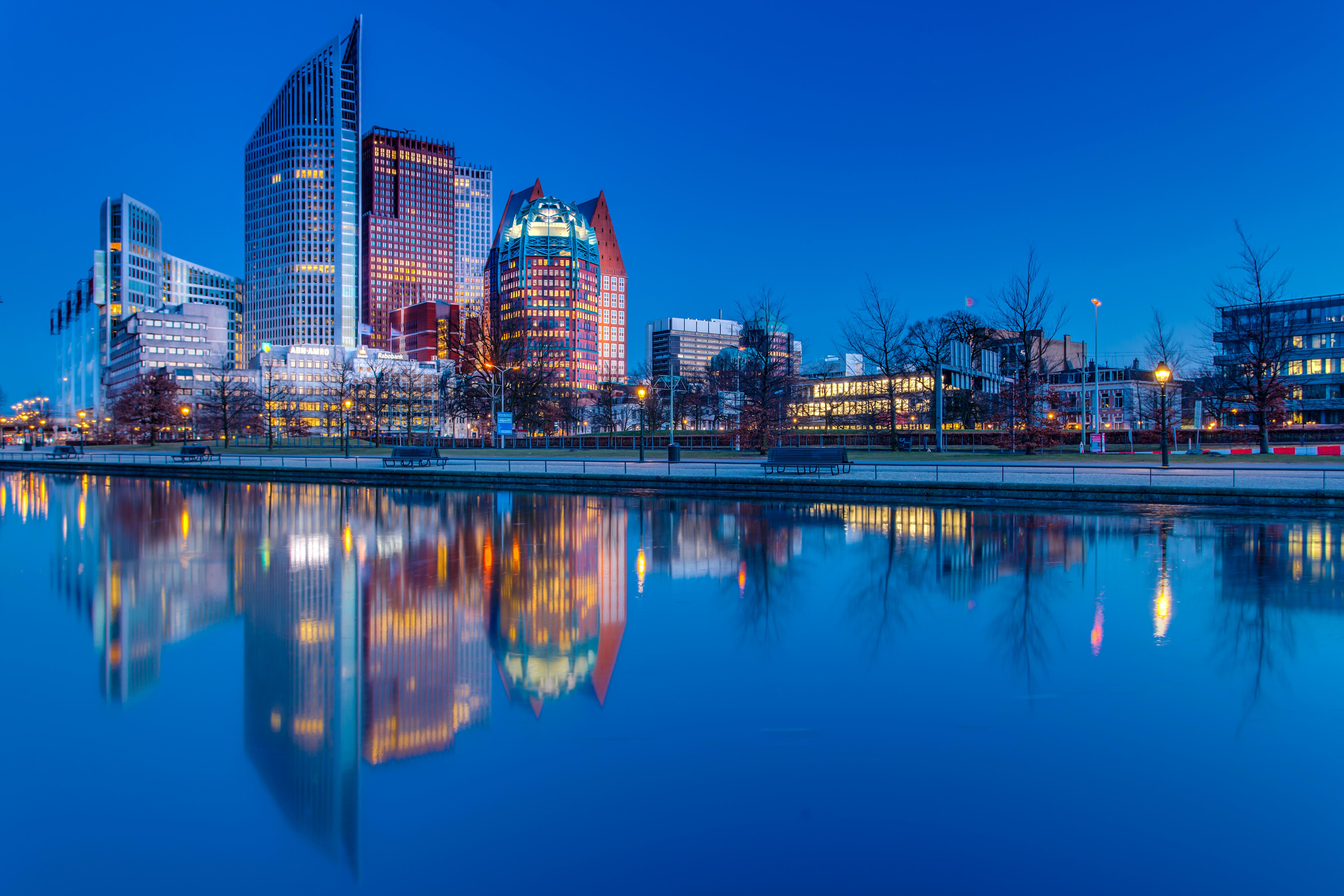
SAFER|GREENER|STREAMLINED

SAFER|GREENER|STREAMLINED

Finding Our Feet in the Netherlands
Internationalisation has always been an ambition for Katoni but turning hope into a plan requires a lot of work and some investment too! We’d researched a range of markets and ended up deciding to focus on the Netherlands for cultural, language, legal and risk reasons, all the due diligence reasons you would expect. However, one of the main drivers was that had clients with assets there who needed proper, on-the-ground support, and we’d reached a point in our growth where it made sense to build something local.
As James Bream, CEO, puts it:
“It was about expanding our international reach, yes, but more than that, it was about showing up properly for our clients - and doing it in a way that reflects who we are. Doing it The Katoni Way.”
That move, like any move into a new country, wasn’t smooth sailing. There’s the red tape, the logistics, the question of how to hire the right people when you don’t yet have much of a local footprint. But it’s been worth it. In just over a year, the office in The Hague has found its rhythm. Two existing clients have come on board for Dutch work, a new framework agreement is in place, and partnerships are forming with local companies that share our values. Most importantly, we’ve employed local people to deliver local work - which sounds simple, but it’s a big deal when you’re trying to embed yourself in a new market.
“We’ve taken the same approach we have in Aberdeen,” James says. “We support our clients and focus on customer service, but we are also beginning to back the communities we operate in - because that’s the only way it feels right to grow.”
Our work there still reflects what we’re known for: EPC services, brownfield engineering, repair orders, and support for late-life offshore assets. But the Netherlands is also further down the road in the energy transition, and that’s opened up new conversations about diversification, and access to partners doing things differently. Both of these are exciting in the context of Katoni’s next chapter might look like.
“We’re learning in the Netherlands and finding people to work with who we can help but that we can help with access to the UK too,” James adds. “As the UK catches up our partnerships will be mature and we’ll be ready to apply that experience here too.”
Building Something Real with Spirit Energy
One of the most meaningful outcomes of our presence in the Netherlands has been our continued work with Spirit Energy - a long-term client that’s trusted us both in Aberdeen and offshore in the Dutch sector.
“It’s not all long-term TAR or similar support, we have the opportunity to provide high quality reactive support” James says with a smile. “If things need done offshore, they often need fixing quickly and safely, this is the same in the UKCS. This requires a get it right first-time certainty and a quick reliable response.”
That’s where the partnership and trust shows its value. Working with a local Dutch partner, we’ve been able to mobilise highly skilled teams at short notice - engineers, rope access specialists, riggers - to carry out urgent, safety-critical work. Through the partnership, we’ve covered everything from fabrication and offshore manpower supply to material management. It’s the kind of work we want and the type of work that keeps people safe and assets running.
While we’ve been strengthening our ties locally, we’ve also been supported by other UK suppliers like LFF, R&M Electrical, and McLean’s Electrical - businesses that, like us, are figuring out how to expand into Europe without losing what makes them distinct.
“For us, internationalisation is not about trying to look or behave like a big multinational,” James says. “It’s about staying true to what made us successful in the first place - being responsive, building trust, and delivering quality without overcomplicating things.”